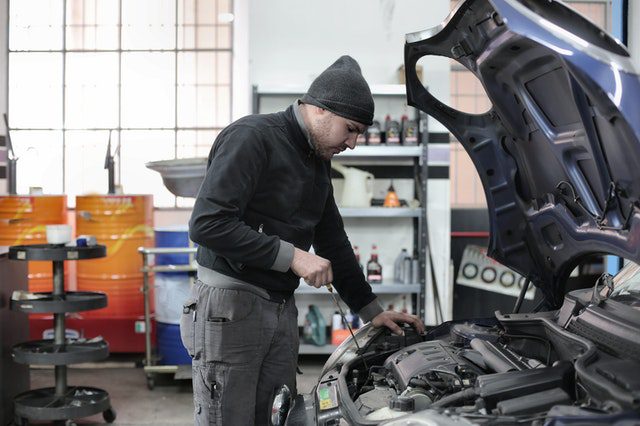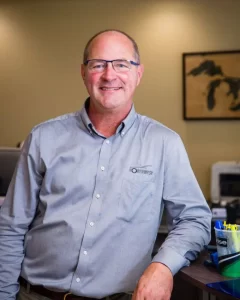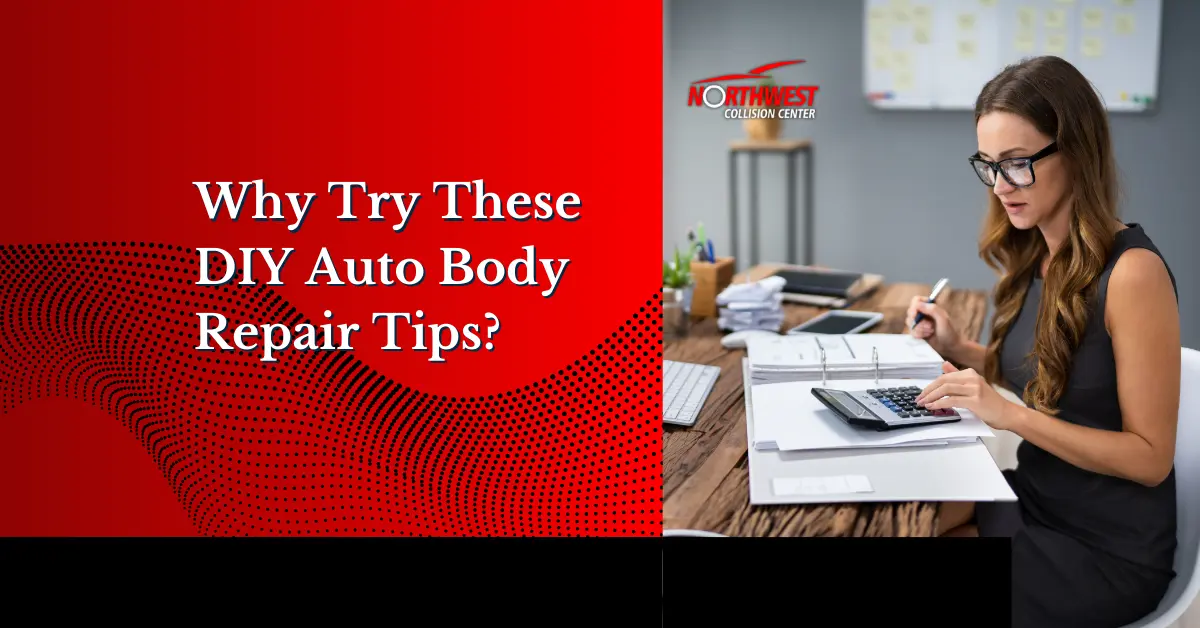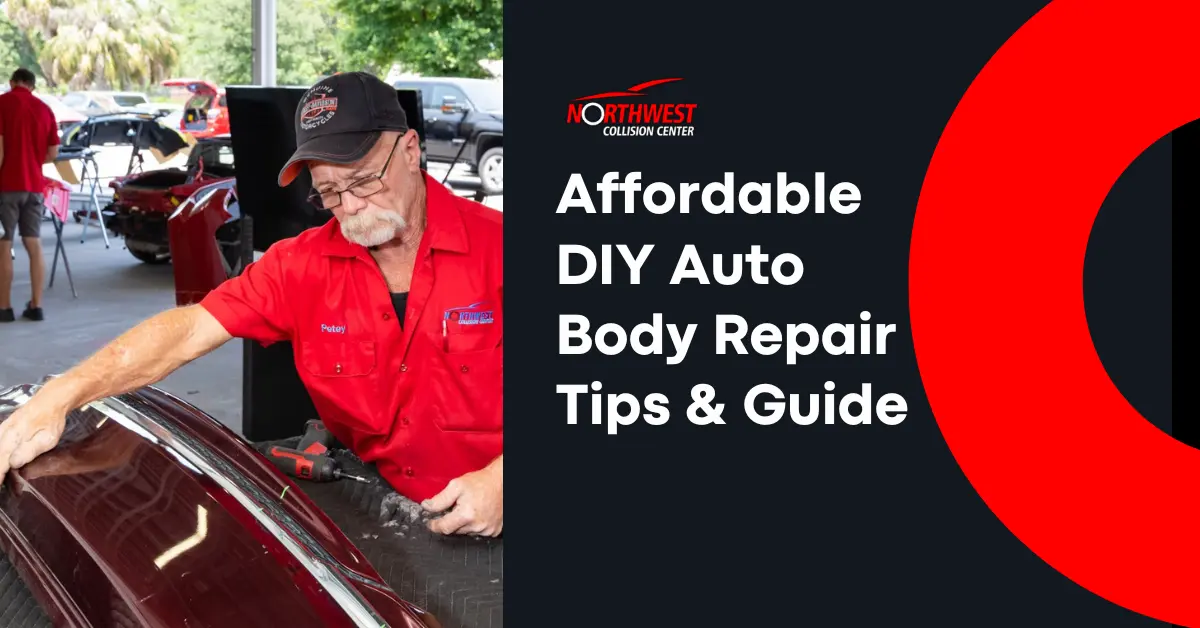Getting ready for a long car ride can be stressful enough. To have problems with your car during a long trip can really add to that. The good thing is there are steps you can take to help ease your mind, knowing you prepared your car for the long haul.
Have a Plan
Before you leave for your trip, take the extra step to have a rough idea of where your stops will be and notify someone you trust along the way. This extra step will be of great help if you run into a car emergency and can’t contact someone.
Preparation and Supplies
One of the first things you should do before taking a trip is get your oil changed. If you got your oil changed recently, you can still bring your car in to make sure there aren’t any leaks. While you’re here, you can also have one of us check your brake and power steering fluid.
Next, check your tire pressure. If it seems low, top it off. You will also want to make sure that your low tire pressure isn’t due to holes or prior damage. If you don’t already have a basic car survival kit, you should make one in case of an emergency. A basic kit should include:
- Jumper Cables
- Tire Iron and Jack
- Flashlights
- Tire Pressure Gauge
- Pliers
- Hammer
- First Aid Kit
Extra Tips
When planning for the trip, be sure to only schedule to drive a safe number of miles every day. You should avoid speeding in dangerous areas like mountains or busy roads. Check your car’s load carrying limits and consider the number of passengers you will have as well. Driving long distances with too much weight in your car can cause some serious damage and end up costing you.
Long car trips can be stressful, but taking the extra steps to prepare can really go a long way. If you are unsure about what steps you need to take to prepare, call us and we can answer your questions.










